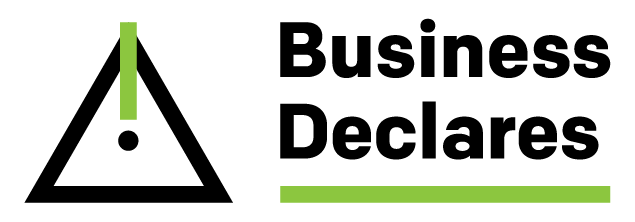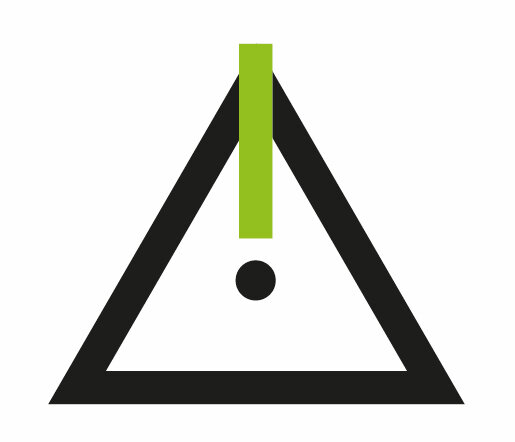Ethical Consumer: Climate Gap Report 2024
Each year, Ethical Consumer’s Climate Gap Report tracks 12 consumer impact indicators to see whether they are on target to meet 2030 goals set by the government’s own Climate Change Committee.
The 12 indicators are focused on food, home, travel and consumer goods. Ethical Consumer’s latest Climate Gap Report for 2024, found that, against all odds, progress was being made in four of the twelve areas.
Across these areas, the most striking of these was the continuing fall in reported meat and dairy consumption.
Falling UK meat and dairy consumption may be on target to meet UK 2030 climate goals, amidst concern over companies reporting rising emissions.
Despite some progress, there is increasing concern over the quality of data provided for climate targets, with some data being two or three years old.
Report also includes supply chain emissions reporting by 40 large consumer goods companies, showing a quarter with Scope 3 emissions still rising, this includes big brands such as Microsoft, Primark and JD Sports.
Gareth Griffiths, from Ecology Building Society, described these as “a result of the incredible power of many small actions.”
Of course, the report also contains some serious qualifications, that need to be made to this initial optimism:
The ‘latest’ data released by the government here is nearly two years old. The report calls for monthly reporting of statistics in each of the twelve areas it tracks, as we have for inflation and GDP.
Targets need to be more ambitious. The report notes that an updated pathway to Net Zero is due early next year.
Eight of the twelve indicators, such as those on home insulation installations are - as is well known - well off track.
In the consumer goods section of the report, there was an increase of reporting from companies, however the appendix also outlined clearly the issues with some of the data presented:
Only 50% of major consumer brands are reporting emissions reductions.
25% are reporting emissions increasing.
25% are not reporting properly at all.
The report ends by urging businesses, as well as consumers, to become more politically active around carbon reduction in this critical period before 2030.
Gareth Griffiths, from Ecology Building Society summarises:
“It’s for all of us – businesses and individuals – to act and agitate for the change we believe in. So we all need to keep moving forwards. Together.”



